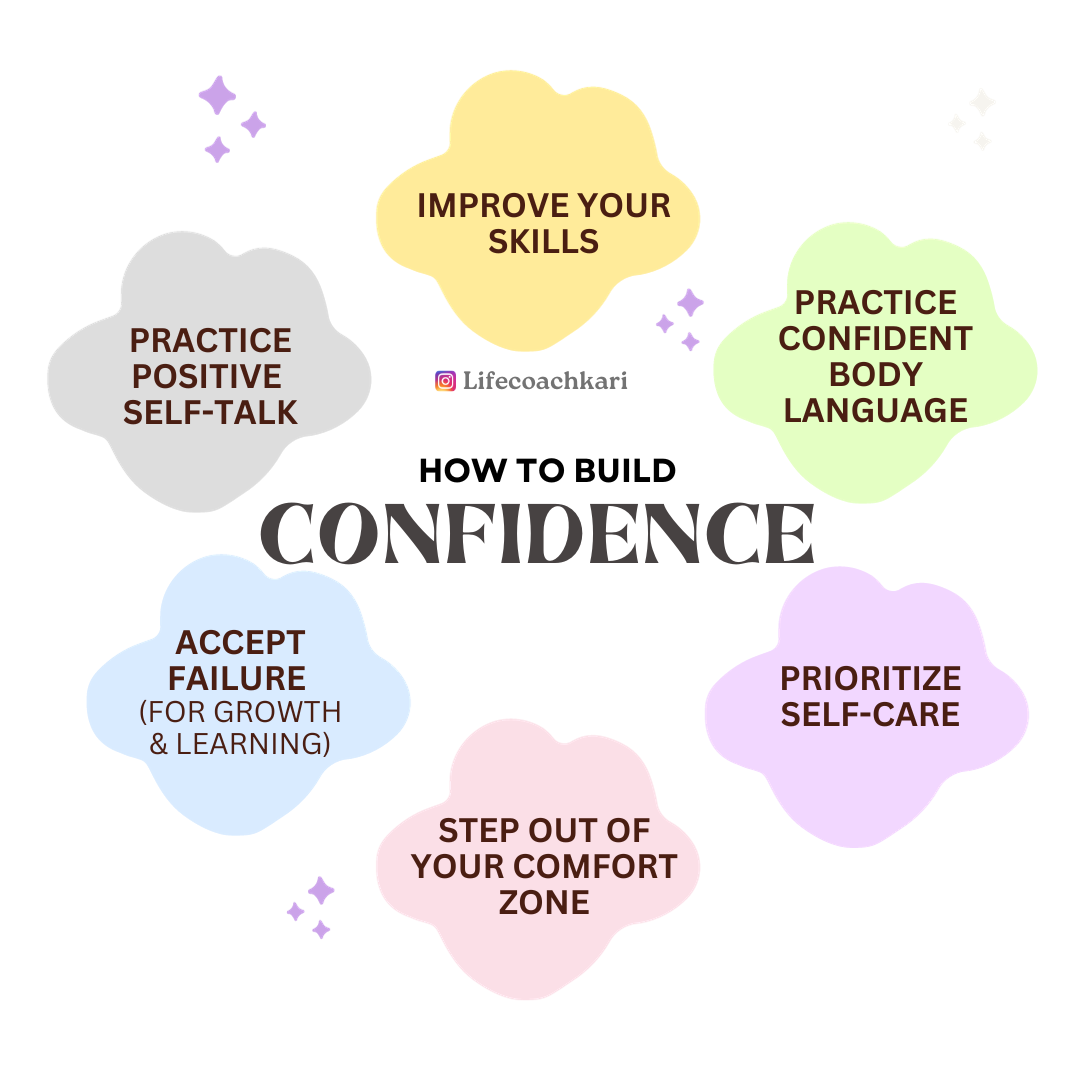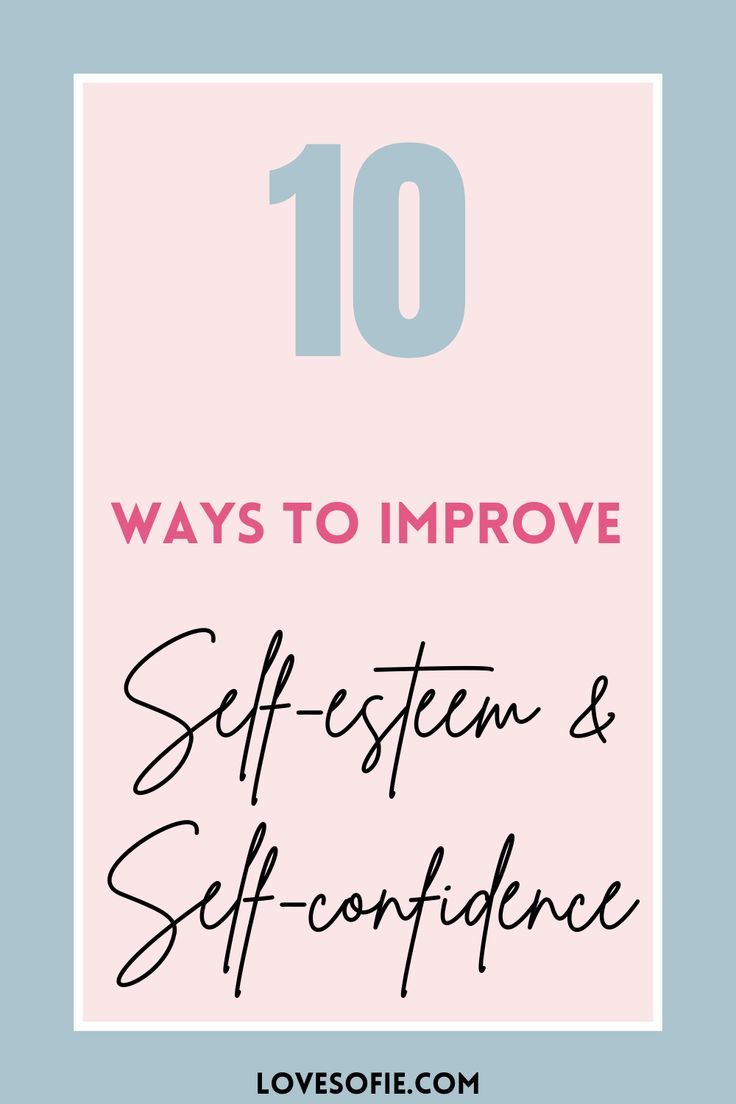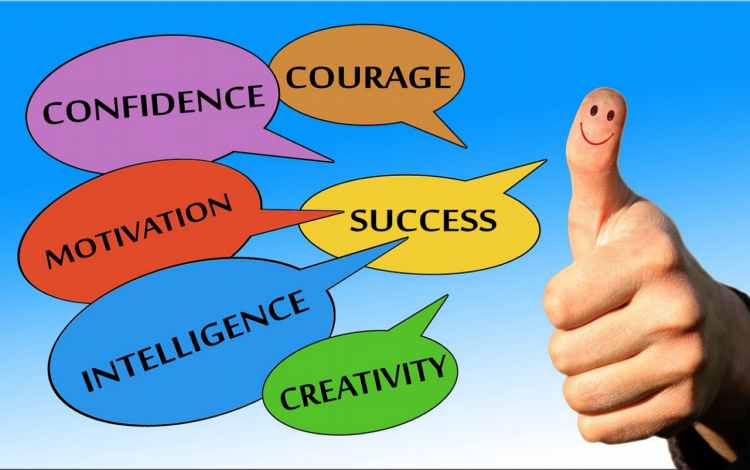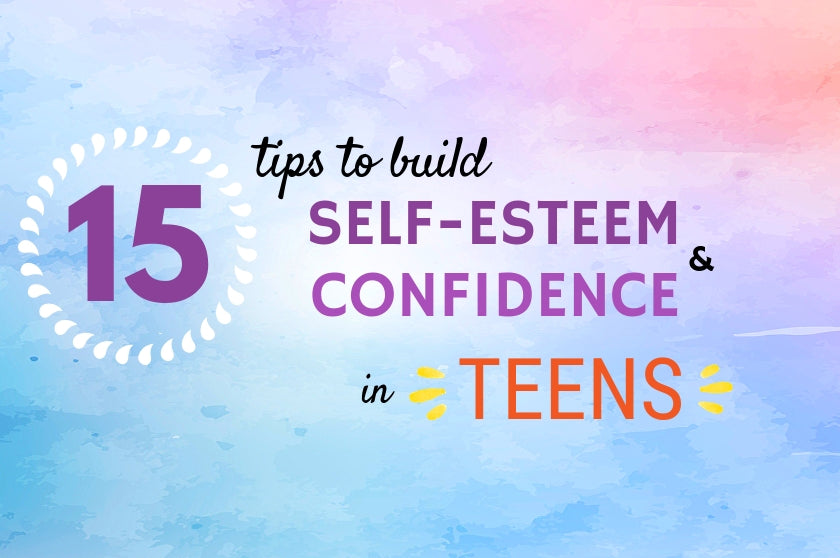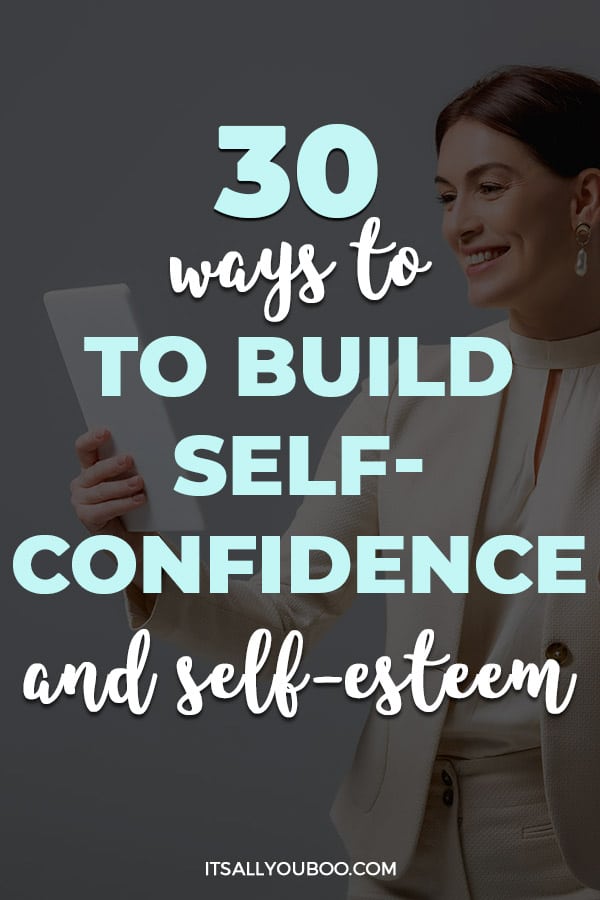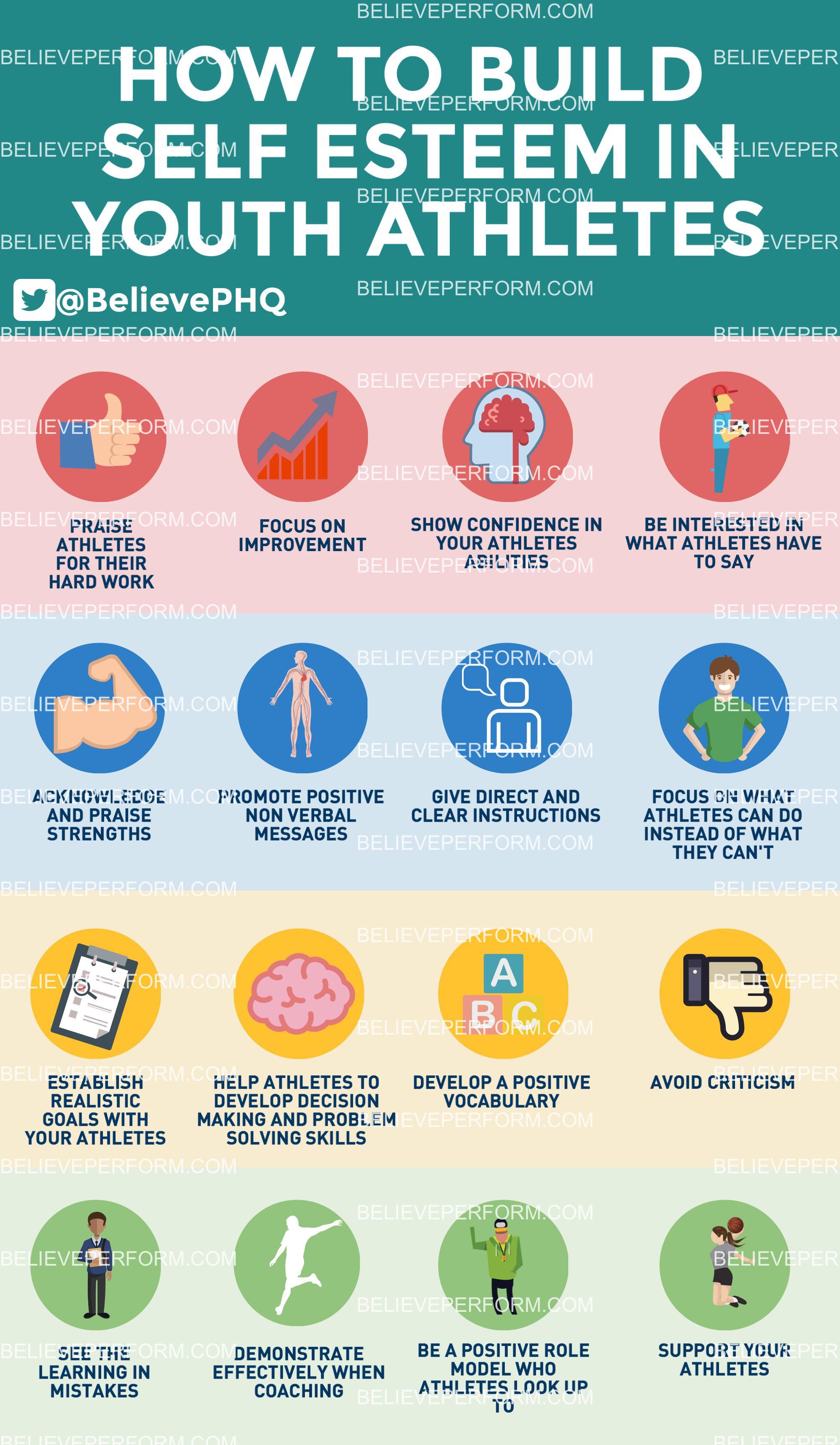How To Improve Self Esteem And Confidence

In a world saturated with carefully curated online personas and relentless self-comparison, the quiet struggle with low self-esteem and confidence affects countless individuals. This internal battle can impact every aspect of life, from relationships and career prospects to overall mental and physical well-being. Recognizing the significance of this pervasive issue is the first step towards fostering a healthier, more confident self.
Boosting self-esteem and confidence is not about overnight transformations but rather a gradual process of self-discovery, acceptance, and positive reinforcement. It involves challenging negative thought patterns, embracing imperfections, and actively engaging in activities that nurture self-worth. This article delves into evidence-based strategies and expert insights to provide a practical guide for cultivating lasting self-assurance.
Understanding the Foundations of Self-Esteem
Self-esteem is often defined as a subjective evaluation of one's own worth. It's not an inherent trait but rather a learned perception influenced by various factors, including childhood experiences, social interactions, and personal achievements. According to the American Psychological Association, healthy self-esteem is crucial for psychological well-being, resilience, and overall life satisfaction.
Low self-esteem, on the other hand, can manifest as self-doubt, fear of failure, and a tendency to focus on perceived shortcomings. These negative thought patterns can create a self-fulfilling prophecy, hindering personal growth and preventing individuals from reaching their full potential.
Challenging Negative Thought Patterns
One of the most effective ways to improve self-esteem is to actively challenge negative thoughts. Cognitive Behavioral Therapy (CBT) techniques, often recommended by therapists, provide tools for identifying and reframing these destructive thought patterns.
This involves questioning the validity of negative beliefs and replacing them with more realistic and positive ones. For example, instead of thinking "I'm not good enough," try reframing it to "I'm capable of learning and growing."
Keeping a journal to track negative thoughts and the situations that trigger them can be a valuable tool in this process. This self-awareness allows individuals to proactively manage their emotional responses and challenge the underlying beliefs that fuel low self-esteem.
Building Self-Confidence Through Action
Confidence often stems from competence and a sense of mastery. Engaging in activities that allow you to develop new skills and achieve goals can significantly boost your self-assurance. Start with small, manageable tasks and gradually increase the challenge as you progress.
Setting realistic goals is crucial for building momentum and avoiding discouragement. Celebrating small victories along the way reinforces positive feelings and motivates continued progress.
"Success breeds success," says Dr. Sarah Thompson, a clinical psychologist specializing in self-esteem. "Each accomplishment, no matter how small, reinforces the belief in your own abilities and creates a positive feedback loop."
Embracing Imperfection and Self-Compassion
Perfectionism is a major obstacle to self-esteem and confidence. Striving for unattainable standards inevitably leads to feelings of inadequacy and self-criticism. Embracing imperfection and practicing self-compassion are essential for cultivating a more accepting and forgiving attitude towards oneself.
Self-compassion involves treating yourself with the same kindness and understanding that you would offer to a friend who is struggling. This includes acknowledging your imperfections, recognizing that everyone makes mistakes, and practicing self-forgiveness.
According to Dr. Kristin Neff, a leading researcher in self-compassion, this approach is not about self-pity or avoiding responsibility but rather about creating a more supportive and nurturing inner environment.
"Self-compassion is a skill that can be learned and cultivated over time,"she explains.
The Power of Positive Social Connections
Supportive relationships play a vital role in fostering self-esteem and confidence. Surrounding yourself with people who value and encourage you can significantly impact your self-perception.
Seek out relationships with individuals who are positive, empathetic, and supportive. Limit your exposure to people who are critical, judgmental, or draining. Actively participate in social activities that align with your interests and values.
"Human beings are social creatures," states a report by the National Institutes of Health (NIH) on the impact of social connections on mental health. "Strong social connections provide a sense of belonging, purpose, and validation, all of which contribute to increased self-esteem and confidence."
Looking Ahead: A Continuous Journey
Improving self-esteem and confidence is an ongoing process, not a destination. There will be times when you face setbacks or experience self-doubt. The key is to remain persistent, patient, and committed to your personal growth.
Continuously challenging negative thoughts, engaging in activities that build competence, practicing self-compassion, and nurturing positive relationships will create a foundation for lasting self-assurance. Remember that you are worthy of love, respect, and happiness.
Seeking professional help from a therapist or counselor can provide additional support and guidance on this journey. With dedication and self-awareness, you can cultivate a stronger sense of self-worth and unlock your full potential.



